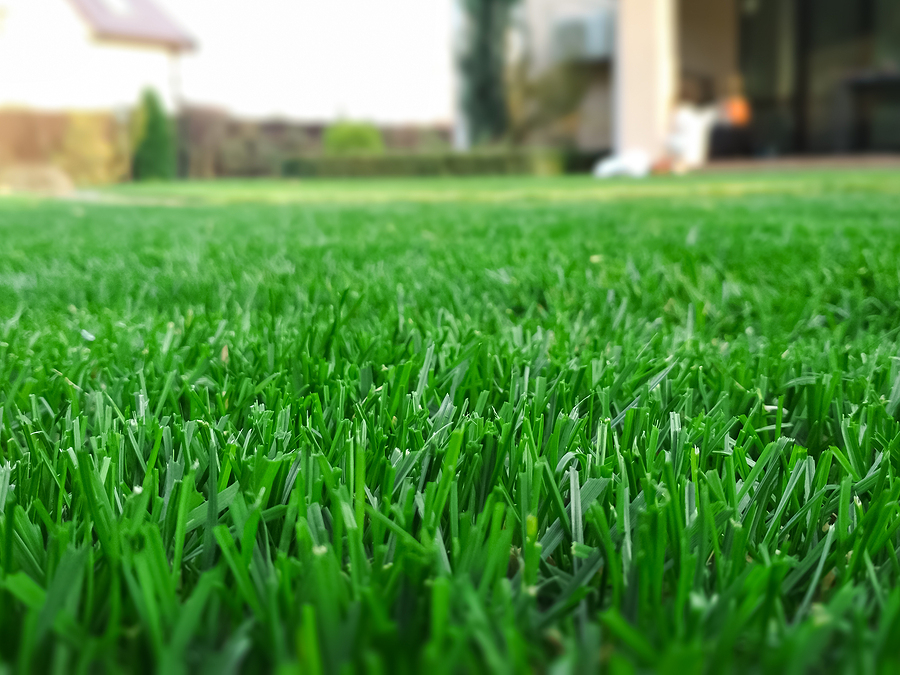What’s the Ideal Lawn Fertilizing Schedule?

Lawn fertilization is less an art than a science. Modern synthetic fertilizers are tailor-made to match a lawn’s needs based on several factors. In the Northeast, there are specific formulas based not only on the turf’s needs but the seasonal weather patterns as well.
Fortunately, professional lawn care technicians know how to analyze your turf and create a custom fertilization schedule that brings out the natural health of your yard. Fertilization of the grass should happen at least three times a year and as often as five times, with each visit fitting a different need.
What’s First?
The soil must be analyzed by experts to determine what it needs. Ideally, this is done shortly after the snowmelt in Spring, although Autumn is almost as good. The test generally requires a professional to choose representational samples of your soil.
The sample will be analyzed in a laboratory to measure the pH and discern what your soil biome needs to encourage its healthy growth, as well as what nutritional deficiencies exist that must be addressed by lawn fertilization.
Then What?
Most soils in this area are naturally acidic, so liming in the Spring is common. If the lawn had a crabgrass problem last year, crabgrass herbicide should be added in the Spring, too. This is also the start of the nitrogen, phosphorus and potassium fertilization schedule.
What’s the Basic Schedule?
It changes based on the season and specific needs. The NPK fertilizer can burn the grass in the summer, so lawns that have more applications of less fertilizer will see significantly better results.
The ideal schedule is four to five applications, starting immediately after soil sampling, then late Spring fertilization, early summer, late summer and dormant application. For those seeking a more moderate lawn care program, as few as three applications can still significantly increase the appearance of your lawn.
The schedule of your lawn fertilization depends not only on the needs of your yard but how much you’re willing to spend on its health. Your lawn care expert will help you choose the best plan for your lawn and your budget.
